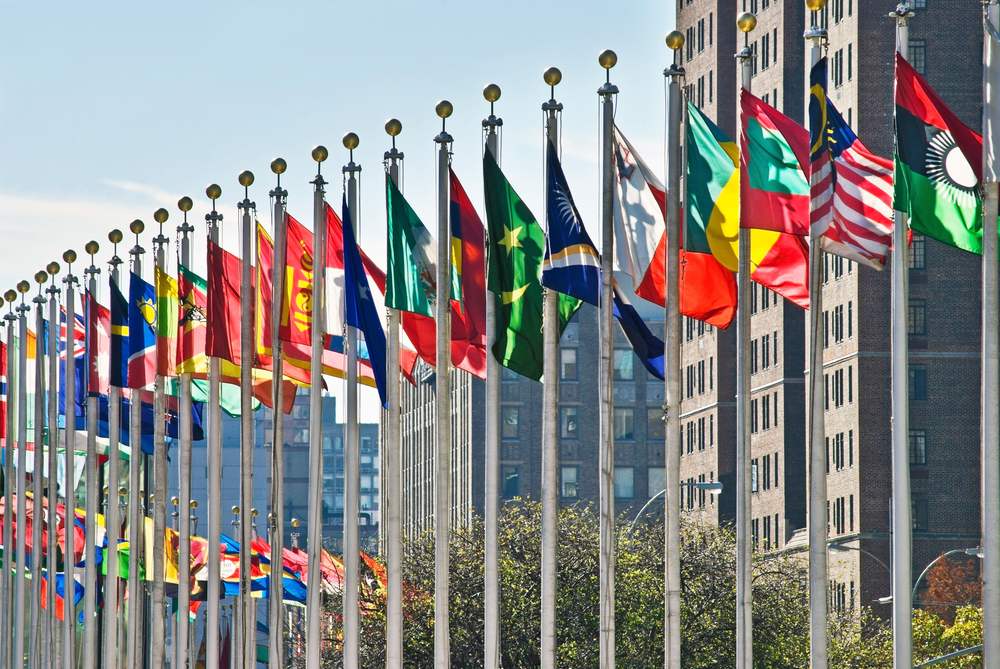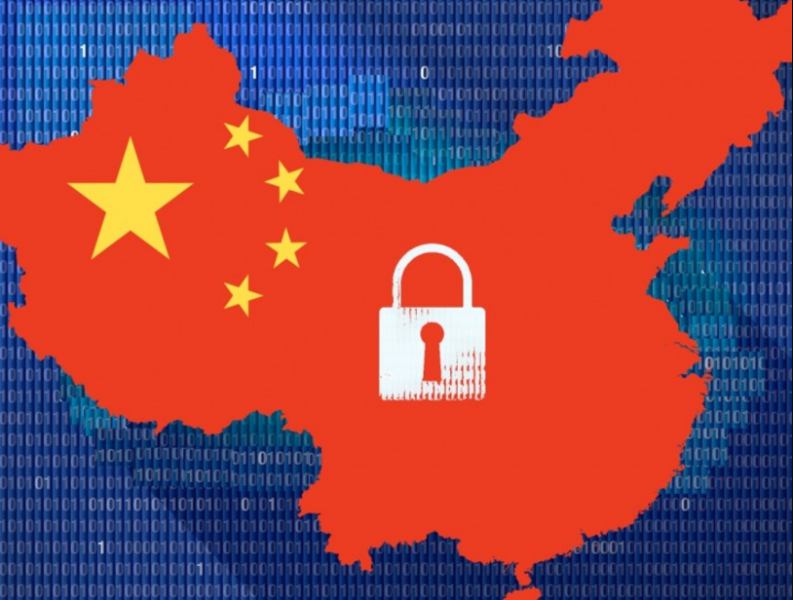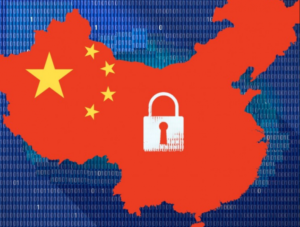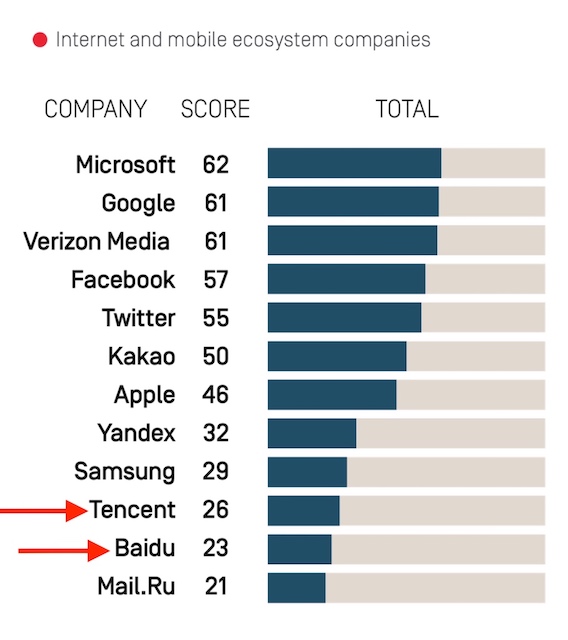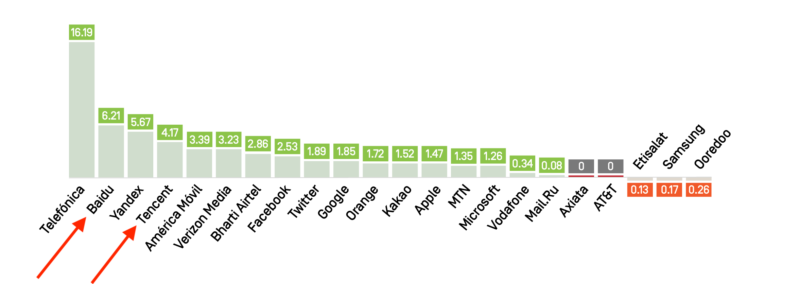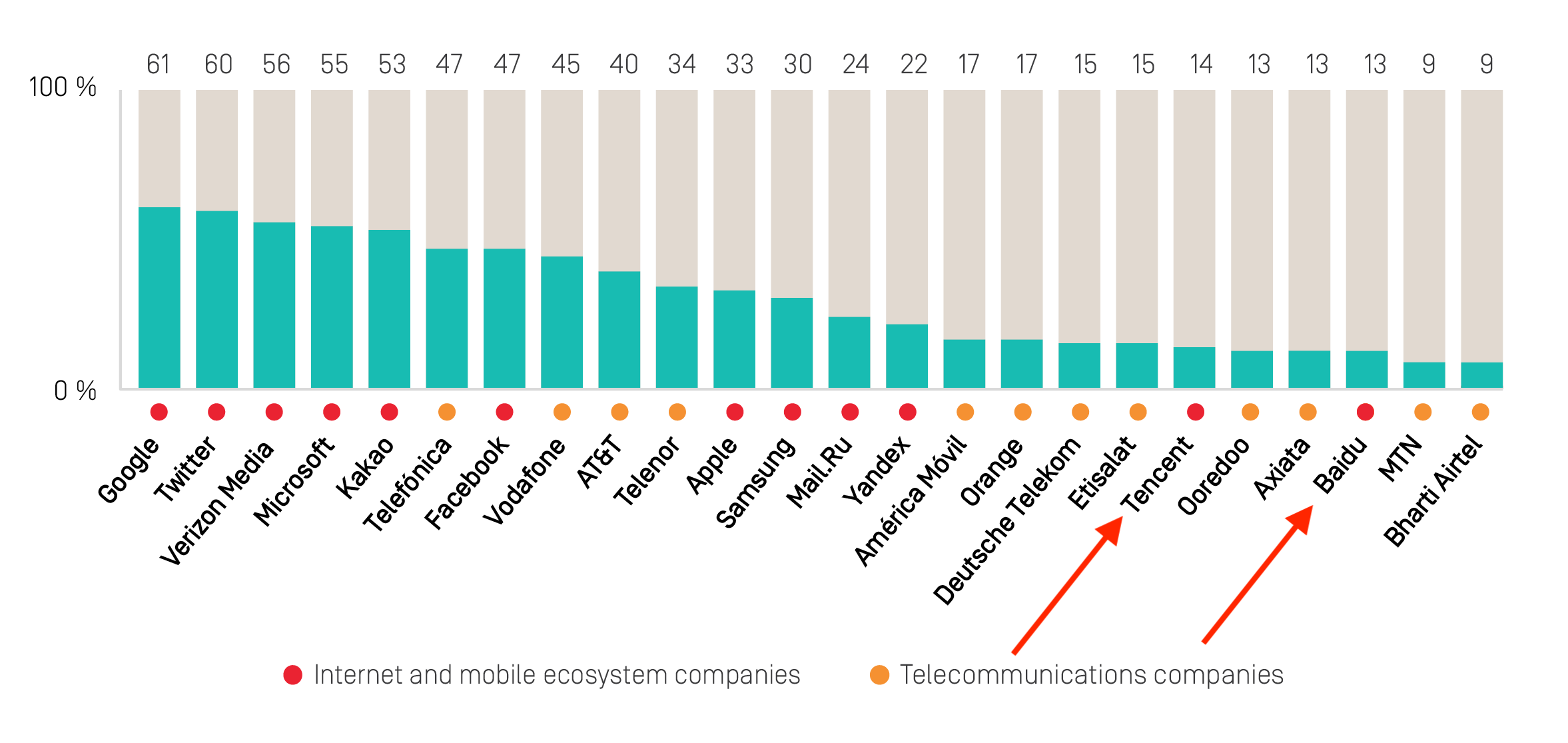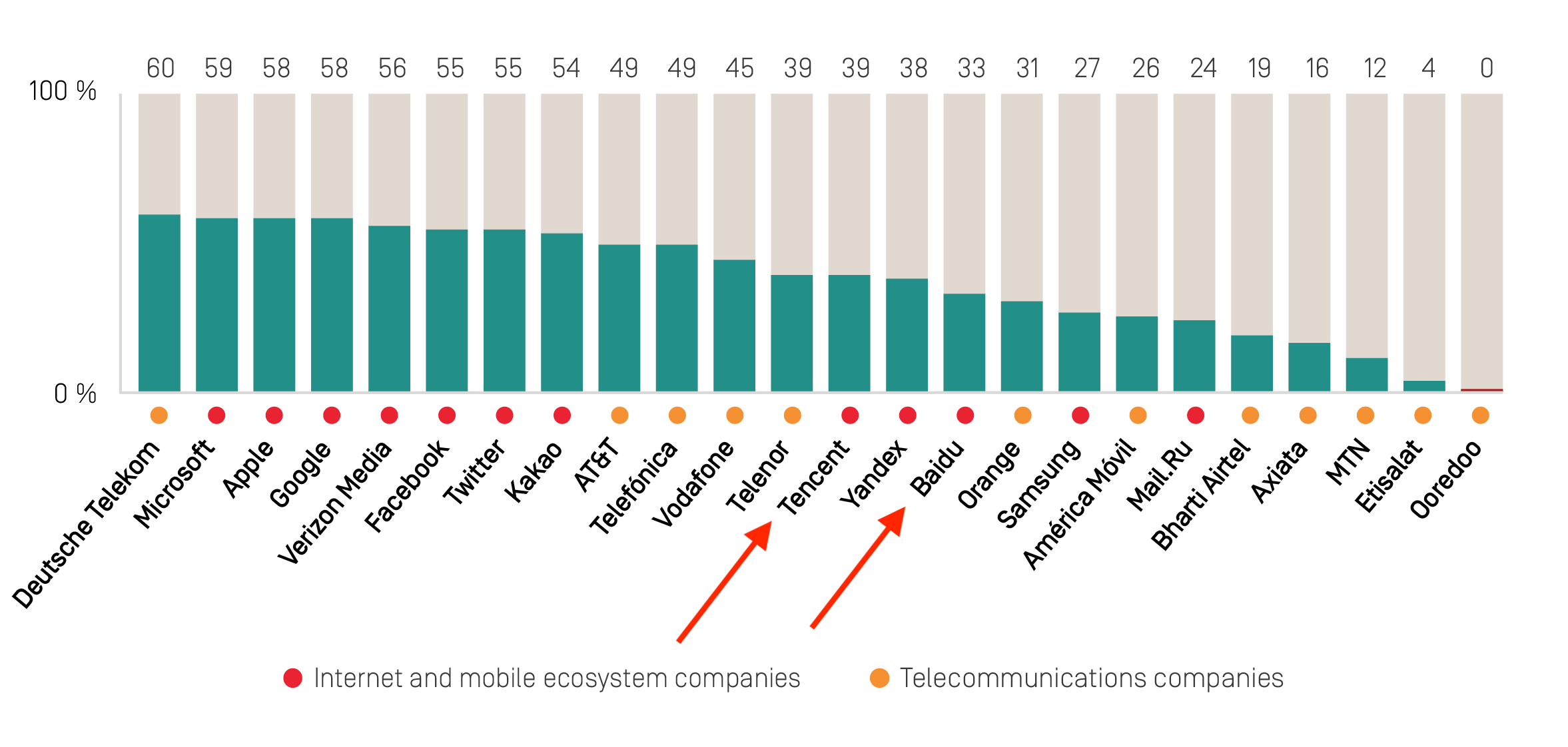03 Oct RDR welcomes new team members
New support helps add depth to senior management and raise visibility
RDR is growing!
Since 2015, four iterations of the RDR Corporate Accountability Index have made a clear impact on some of the world’s most powerful internet, mobile, and telecommunications companies. Many have improved disclosures, policies, and practices affecting users’ freedom of expression and privacy in response to RDR’s findings. Thanks to the generous support of our long-standing funders, RDR is setting clear standards for how tech companies should respect their users’ freedom of expression and privacy.
Now, with support from three new funders in 2019—Luminate, Mozilla, and Craig Newmark Philanthropies—we are taking our first steps toward scaling up and achieving our strategic priorities. The new funding enables us to develop research publications for a broader range of audiences, deepen our engagement with companies, scale up RDR’s operations, strengthen our senior management, and increase our visibility in U.S. and international media.
To that end, in September RDR welcomed three new members to the team, including our first deputy director, Jessica Dheere. As a former managing editor and founder and former executive director of SMEX, a leading Middle East–based digital rights organization, Jessica brings more than two decades of experience managing operations and communications in media and digital rights. In addition to overseeing day-to-day management of RDR, she will lead the implementation of RDR’s strategic priorities, build out the RDR team, and also apply her experience as an early innovator in the digital rights field to identify new opportunities to expand and meet the diverse needs of our range of stakeholders.
In addition, Hailey Choi has joined RDR as communications associate. With experience leading projects for the Digital Impact Alliance at the United Nations and the Center for International Policy, Hailey is the anchor member of our growing communications team.
Finally, Zak Rogoff, who has been integral to developing RDR’s new draft indicators on targeted advertising business models and algorithmic decision-making—to be published later this month and piloted this fall—has joined RDR as a full-time research analyst. Before turning to research, he campaigned for Access Now, the Free Software Foundation, and Fight for the Future.
These new additions—and several more to come before the end of the year—position RDR not only for more growth, but also for greater impact.
If you believe that benchmarking companies on the quality and transparency of their policies is essential to protecting and respecting digital rights, come work with us. RDR currently seeks an Editorial and Communications Manager who can raise our visibility among diverse stakeholders in both U.S. and international media (apply by Oct. 7) and a Company Engagement Lead & Research Analyst who will strengthen companies’ understanding of why and how they are evaluated by the RDR Index, and what specific steps they need to take to better align their policies and practices with human rights standards (apply by Oct. 14).
